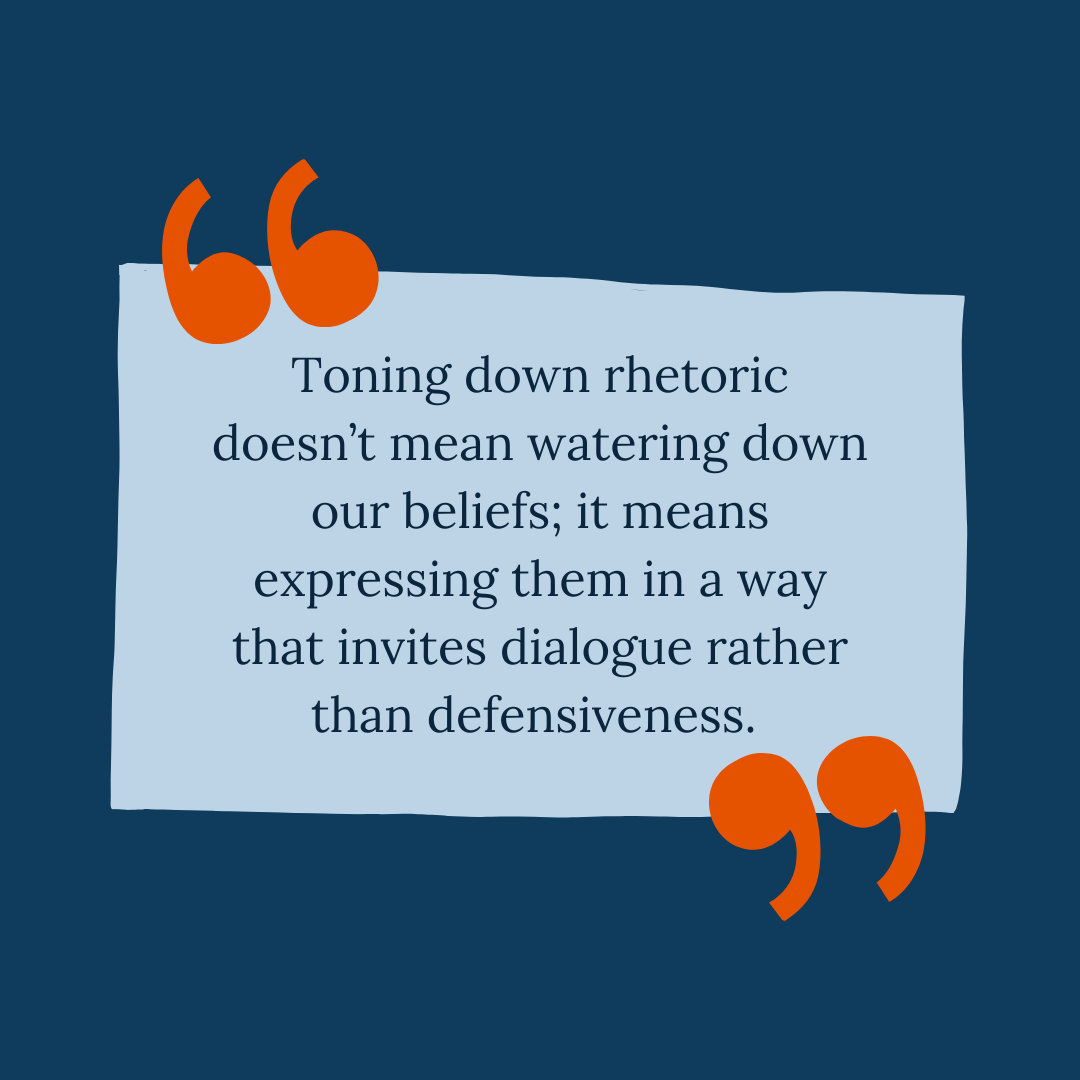As we approach another presidential campaign, the atmosphere is already thick with anticipation, passion, and division. The airwaves and social media feeds are saturated with fiery rhetoric and polarizing statements. This climate of divisiveness can fracture communities, families, and friendships. In fact there is one thing that most Americans agree on: polarization is a problem. However, there is hope. We can learn to disagree better.
Over the last eight years, a group of committed volunteers has worked across the country to bring civility back to public discussion. Today, Braver Angels is leading the nation’s largest cross-partisan, volunteer-led movement to bridge the partisan divide for the good of our democratic republic. As we head into another contentious election season, Braver Angels is equipping Americans across the political spectrum to work together and demand the same of politicians from both parties.
Through free workshops, online resources, local alliances, and partnerships, Braver Angels is creating a movement to depolorize and lower the temperature on political issues. By embracing strategies aimed at depolarizing public discussion, we can foster a more constructive and compassionate dialogue.
The Need to Tone Down the Rhetoric
In the heat of political campaigns, it’s easy to get caught up in the intensity of the moment. The stakes feel incredibly high, and emotions run deep. Yet, this often leads to heightened rhetoric that inflames rather than informs. Words are powerful; they can build bridges or burn them. By consciously choosing to tone down our rhetoric, we can create a space where meaningful conversation can occur.
Toning down rhetoric doesn’t mean watering down our beliefs; it means expressing them in a way that invites dialogue rather than defensiveness. It means prioritizing clarity, curiosity, and understanding over winning an argument. It starts with seeking to understand and prioritize relationships over changing minds.
